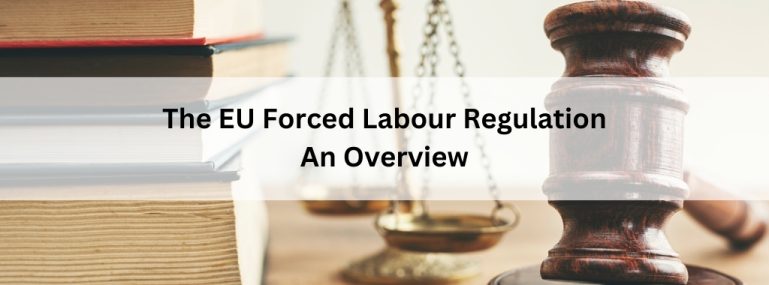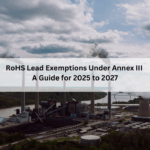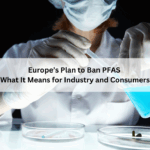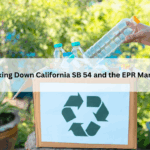As part of its commitment to promoting decent work and upholding human rights globally, the EU places a strong emphasis on labor rights, prioritizing the eradication of forced labor and the maintenance of sustainability through diligent standards. On September 14, 2022, the Commission took a significant step by proposing a Forced Labor Regulation aimed at prohibiting products manufactured using forced labor, including child labor, within the European Union’s internal market. The Internal Market and International Trade committees of the European Parliament, on October 16, 2023, adopted their stance on the regulation and proposed amendments.
The primary objective of this proposal is to effectively bar the production and distribution of products made with forced labor, encompassing items available in the EU market, whether produced domestically or imported/exported. This legislation, focused on products, establishes a framework for investigating the use of forced labor within companies’ supply chains, empowering national authorities to prohibit and withdraw products from the EU market if necessary.
Members of the European Parliament are urging the European Commission to compile a list of geographical areas and economic sectors at high risk of employing forced labor. They also insist that products produced with forced labor be prohibited from internal marketplaces until companies can demonstrate the cessation of such practices in their production or supply chains, with compensations provided to affected workers. The EU, through its policies and legislative initiatives, promotes due diligence aligned with international guidelines and ILO standards. The potential impacts of forced labor risks, such as reputational and brand risks, reduced sales, and campaigns by NGOs, trade unions, and consumers, highlight the significance of this proposal. By ensuring uniform enforcement across the EU, the regulation addresses common provisions essential for the smooth functioning of the EU market.
Compliance XL specializes in providing consulting services to companies regarding the EU Forced Labor Regulation. Utilizing ComplianceXL’ s comprehensive compliance management platform, businesses can conduct due diligence, engage with suppliers, and complete necessary compliance documentation.
FAQs
1.What is forced labour?
Forced labour is a form of labour exploitation where they were forced to work through violence or by other means such as manipulated debt, retention of identity papers or threats of authorities.
2.What is the role of ILO in Human rights?
The International Labour Organization (ILO) plays important role in eradicating forced labour, human trafficking, and slavery like practices through laws and protocols.





